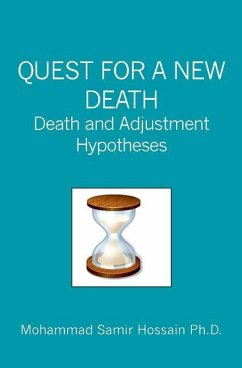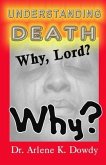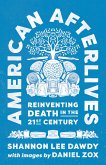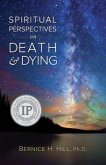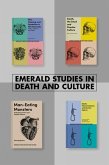The perception of the permanent cessation of existence with death has no scientific basis. Epistemologically, it is wrong. The perception denoting existence after death is scientifically unapproachable, but epistemologically acceptable. The perception of ceasing to exist is also unhealthy and causing continuous harmful changes at personal and social levels. Thus healthy accommodation of the phenomenon of death is practically absent. So death should be regarded as something very significant that does not bring absolute end to one's existence. View towards moral attitude is strongly connected to this concept. Adoption of stronger morality by restraining the desire for materialistic life can lead to a satisfactory accommodation of this concept. Evidences from history also support it. Addition of this methodologically redefined concept of death in our life should lead us to a better and healthier attitude with a healthy accommodation of the phenomenon of death in persons and thus society.
Hinweis: Dieser Artikel kann nur an eine deutsche Lieferadresse ausgeliefert werden.
Hinweis: Dieser Artikel kann nur an eine deutsche Lieferadresse ausgeliefert werden.

